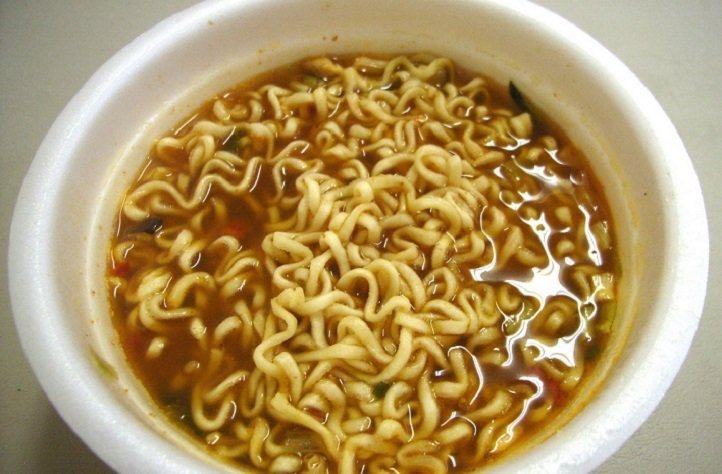Days after the 2-minute noodles ‘Maggi’ came under the regulatory scanner for containing added monosodium glutamate (MSG) and lead in excess of the permissible limit, we bring to you view from experts, who view the presence of MSG as normal, and argue that there’s no scientific evidence which suggests that it’s harmful for human consumption.
The news reports created a sort of panic towards the noodles and undestandably so, for an entire generation has grown up knowing and consuming Maggi noodles.
Common belief labels MSG, a kind of amino acid which occurs naturally in many agricultural products, an additive often used artificially in packaged food to enhance flavour.

It has also been called a silent killer. “A small fraction of people who eat MSG-rich foods report symptoms including nausea, headache and tingling sensations, collectively lumped under the banner of “Chinese restaurant syndrome”. MSG has also been blamed for obesity, high blood pressure and even snoring,” according to a NewScientist article reads. However, all this appears nothing less than a myth before a National Center for Biotechnology Information report which clarifies “despite a widespread belief that glutamate can elicit asthma, migraine headache and Chinese Restaurant Syndrome (CRS), there are no consistent clinical data to support this claim . In addition, findings from the literature indicate that there is no consistent evidence to suggest that individuals may be uniquely sensitive to glutamate .”

















